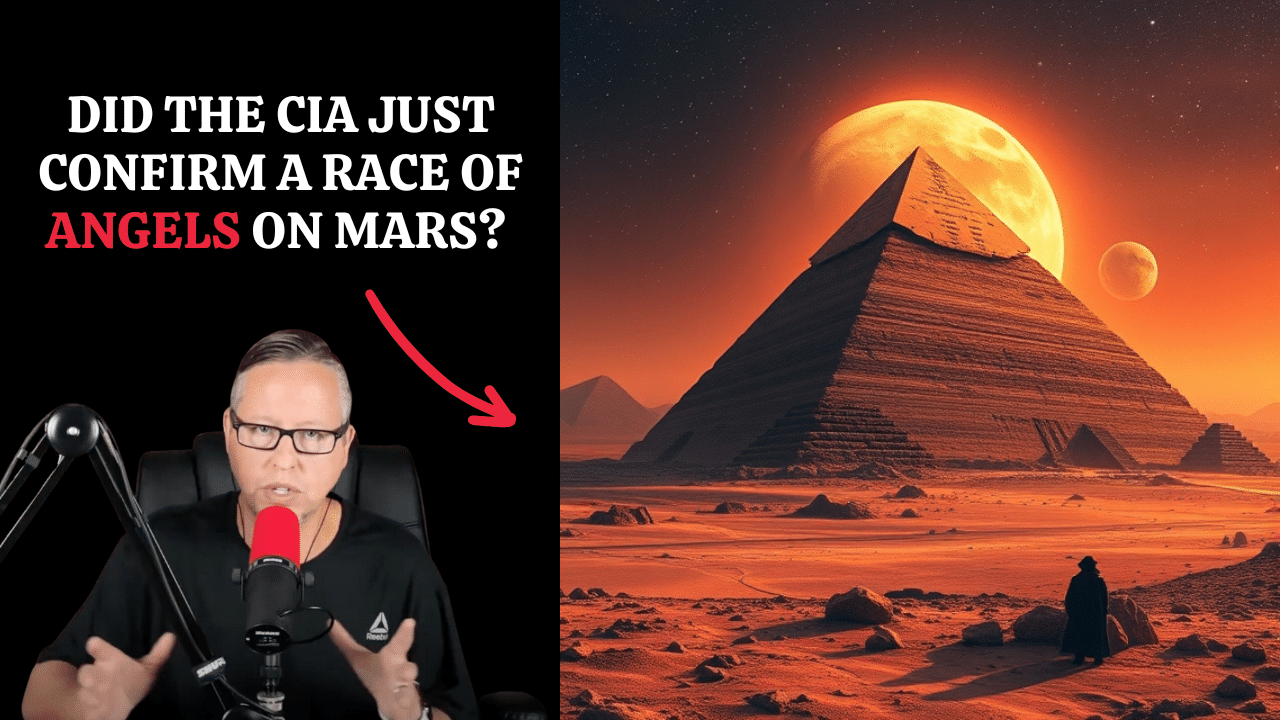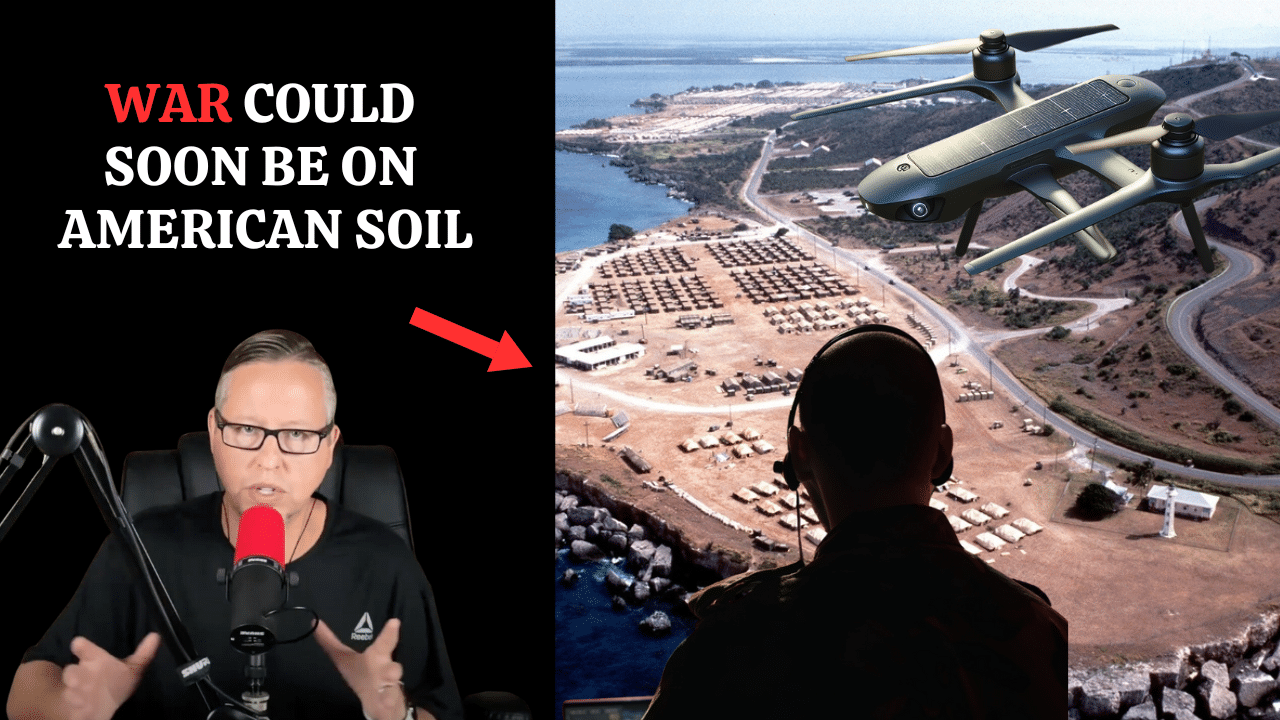The leaders of China and Russia hailed each other as “old” and “dear” friends. They took swipes at the United States and depicted themselves as building a “fairer, multipolar world.” And they marveled at their countries’ “deepening” trust.
China’s top leader, Xi Jinping, used a Beijing-led conference of leaders from mostly developing countries on Wednesday to showcase his ambitions to reshape the global order, as the world grapples with a war in Ukraine and a crisis in Gaza.
He cast his country as an alternative to the leadership of the United States. And he gave a prominent role to President Vladimir V. Putin of Russia, underscoring how central their relationship is to Mr. Xi’s vision.
The event, the Belt and Road Forum, is centered on China’s signature foreign policy initiative, which aims to expand Beijing’s influence abroad with infrastructure projects. Mr. Putin was treated as the guest of honor and often pictured by Mr. Xi’s side. The two leaders also met for three hours in Beijing on Wednesday.
While Mr. Putin and Mr. Xi huddled, President Biden landed in Israel on a visit aimed at preventing the war between Israel and Hamas from spreading.
Though Mr. Xi did not publicly remark on the war, Mr. Putin, at a news briefing, blamed the United States for increasing tensions in the Middle East by sending warships to the region. He said that such regional conflicts were “shared threats that only strengthen Russo-Chinese relations.”
In Mr. Putin, Mr. Xi has a like-minded partner driven by shared grievances toward the West who is willing to push back against what they both perceive as American hegemony. Mr. Xi sought to tout China as a force for stability in the world, with Mr. Putin alongside him — never mind that Russia upended European security when he launched an invasion of Ukraine 21 months ago.
“Ideological confrontation, geopolitical rivalry and bloc politics are not a choice for us,” Mr. Xi said in a speech at the opening of the forum at the Great Hall of the People in Beijing.
“What we stand against are unilateral sanctions, economic coercion and decoupling and supply chain disruption,” Mr. Xi said, clearly referring to efforts by the United States and its Western allies to pressure China.
Washington and Beijing are engaged in an intense rivalry over trade, technology and the status of Taiwan, and China has protested bans imposed by the United States on exports of semiconductors to China.








